Football violence: a return to the dark days in Europe?
Turkish referee is punched on pitch as hooliganism is reported to be 'rife' across the continent
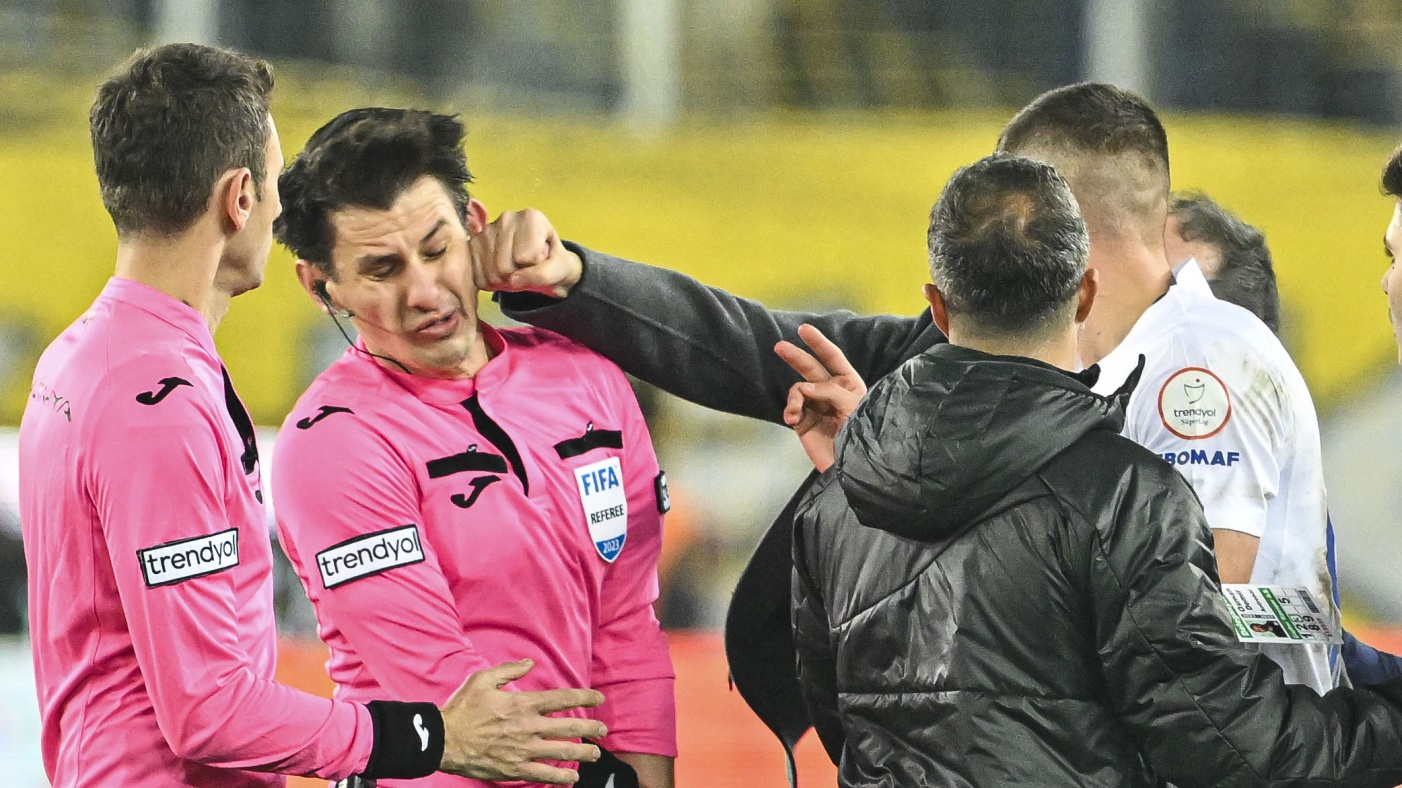
A free daily email with the biggest news stories of the day – and the best features from TheWeek.com
You are now subscribed
Your newsletter sign-up was successful
Professional football in Turkey has been suspended after a referee was punched to the ground by a club's president following a match in the country's top division.
Halil Umut Meler, one of Turkey's top referees, was hit by MKE Ankaragucu president Faruk Koca, who ran on to the pitch after his team conceded a 97th-minute equaliser in a 1-1 Super Lig draw with Rizespor in Ankara.
The attack sparked "a melee of players and officials either joining the chaos or trying to intervene". Meler was also "kicked in the head at least once" as he lay on the ground, said Sky News.
The Week
Escape your echo chamber. Get the facts behind the news, plus analysis from multiple perspectives.

Sign up for The Week's Free Newsletters
From our morning news briefing to a weekly Good News Newsletter, get the best of The Week delivered directly to your inbox.
From our morning news briefing to a weekly Good News Newsletter, get the best of The Week delivered directly to your inbox.
Turkish FA (TFF) chairman Mehmet Buyukeksi said that the attack represented "a night of shame for Turkish football". He also announced the indefinite postponement of all professional matches in the country.
'Violence rife in every main European league'
In a statement, the TFF blamed the attack on a toxic culture towards referees fostered in recent years by players and club officials. It said that the "irresponsible statements of club presidents, managers, coaches and TV commentators targeting referees" had "paved the way" for the attack.
Violence on the pitch remains rare, but trouble from so-called football "ultras" seems to be surging, with disturbances "rife in virtually every main European league this year", said The Times.
In the Netherlands, the government has been "wrestling with a surge in crowd trouble" with several matches being interrupted or called off. In Greece, top-tier football is being played without any supporters present until February 2024 in an effort to curb violence. In Sweden, France, Spain and Italy, authorities are also struggling with violence from ultras.
A free daily email with the biggest news stories of the day – and the best features from TheWeek.com
And while in the UK "hooliganism at games may be rarer than it once was", there is also "no room for complacency". The Euro 2020 final between England and Italy at Wembley was "marred by scenes of anarchy outside", said The Times. The police have also condemned "extreme violence from right-wing protesters" at a pro-Palestine march in November, which they said was carried out by a group made up "largely of football hooligans".
'Rise of ultra culture'
There is "reason to believe that certain trends have fed into the return of ultra culture, that common threads may run right across Europe", said The Times.
Part of the reason may be the "cathartic effect" of attending matches again after lockdowns. But it might also be that those new to the ultra groups or returning to them are "eager to assert themselves and earn their place in the hierarchy".
Drug use among fans is also soaring, said the Daily Mail. A study by researchers from the University of Stirling found there has been a marked increase in supporters reported to have taken cocaine, "with the drug an influential factor in violence and anti-social behaviour".
But it is "too simplistic" to reduce the increase in football violence to drug use alone. "Going to the football and being part of a social group offers a sense of purpose and escape from daily lives," continued the paper. While for others "it allows them to display a semblance of masculinity they are unable to show in other walks of life".
Why that might lead some football-goers towards violence "is another question" but there is a growing subculture of fans "who go for the experience, where the football is only a part of the day".
The far-right, too, has "always been interested in football as a means of recruiting", added the Mail, suggesting that the rise of far-right groups and ideologies across Europe could also be "fuelling violence" around football.
-
 How the FCC’s ‘equal time’ rule works
How the FCC’s ‘equal time’ rule worksIn the Spotlight The law is at the heart of the Colbert-CBS conflict
-
 What is the endgame in the DHS shutdown?
What is the endgame in the DHS shutdown?Today’s Big Question Democrats want to rein in ICE’s immigration crackdown
-
 ‘Poor time management isn’t just an inconvenience’
‘Poor time management isn’t just an inconvenience’Instant Opinion Opinion, comment and editorials of the day
-
 Indiana beats Miami for college football title
Indiana beats Miami for college football titleSpeed Read The victory completed Indiana’s unbeaten season
-
 Who is to blame for Maccabi Tel Aviv fan-ban blunder?
Who is to blame for Maccabi Tel Aviv fan-ban blunder?Today’s Big Question MPs call for resignation of West Midlands Police chief constable over ‘dodgy’ justification of ban from Aston Villa match, but role of Birmingham Safety Advisory Group also under scrutiny
-
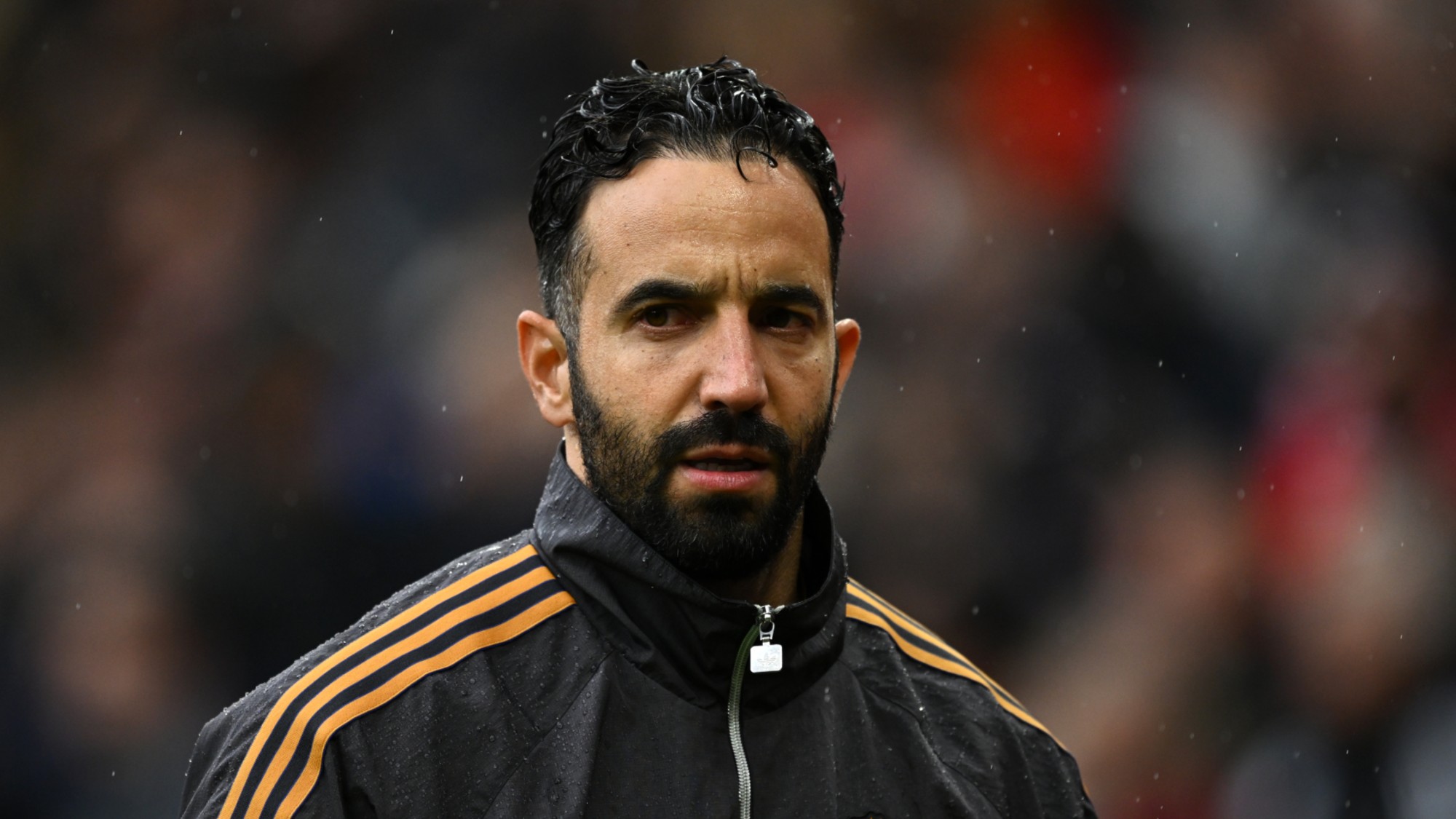 Amorim follows Maresca out of Premier League after ‘awful’ season
Amorim follows Maresca out of Premier League after ‘awful’ seasonIn the Spotlight Manchester United head coach sacked after dismal results and outburst against leadership, echoing comments by Chelsea boss when he quit last week
-
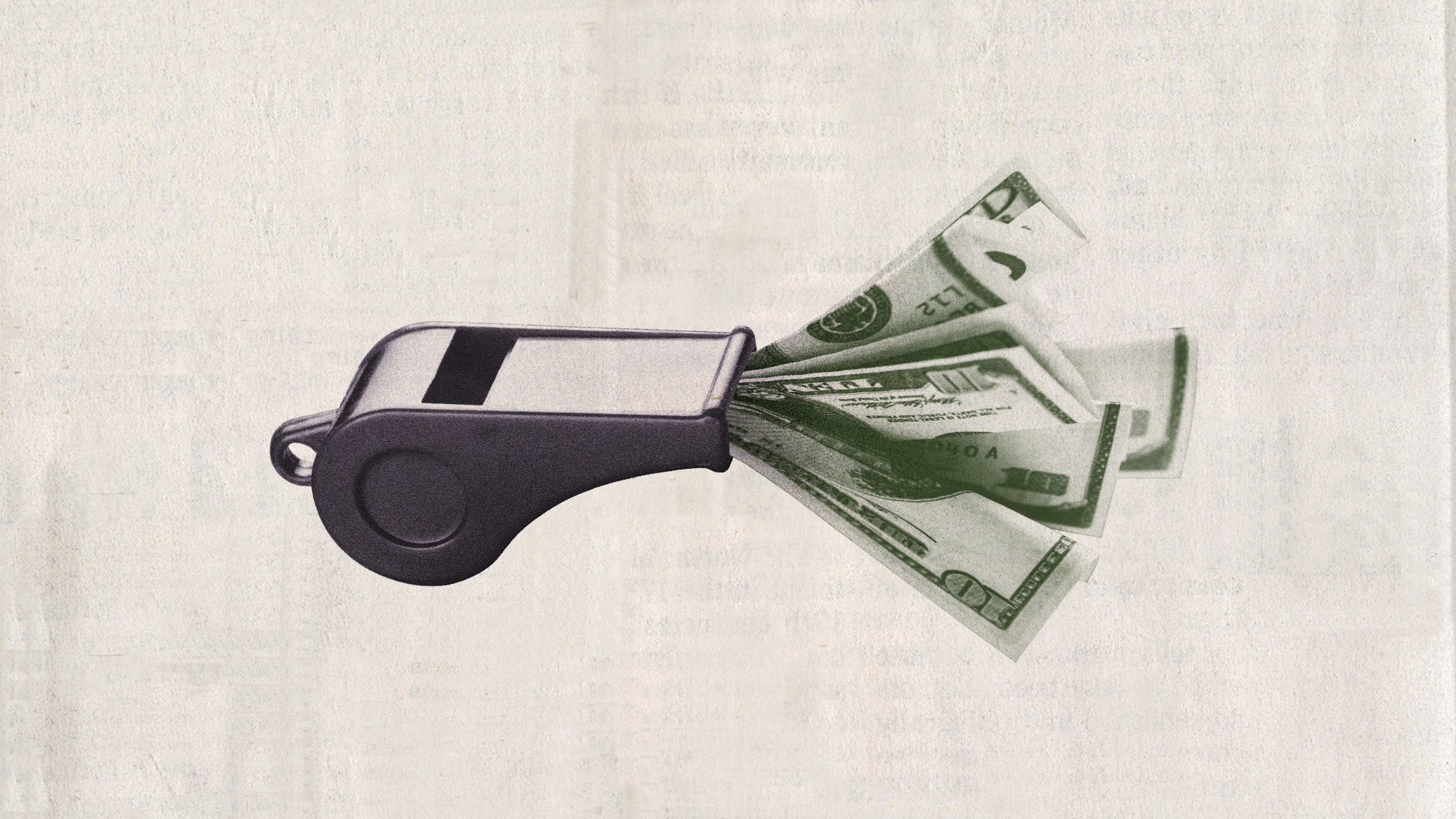 Coaches’ salary buyouts are generating questions for colleges
Coaches’ salary buyouts are generating questions for collegesUnder the Radar ‘The math doesn’t seem to math,’ one expert said
-
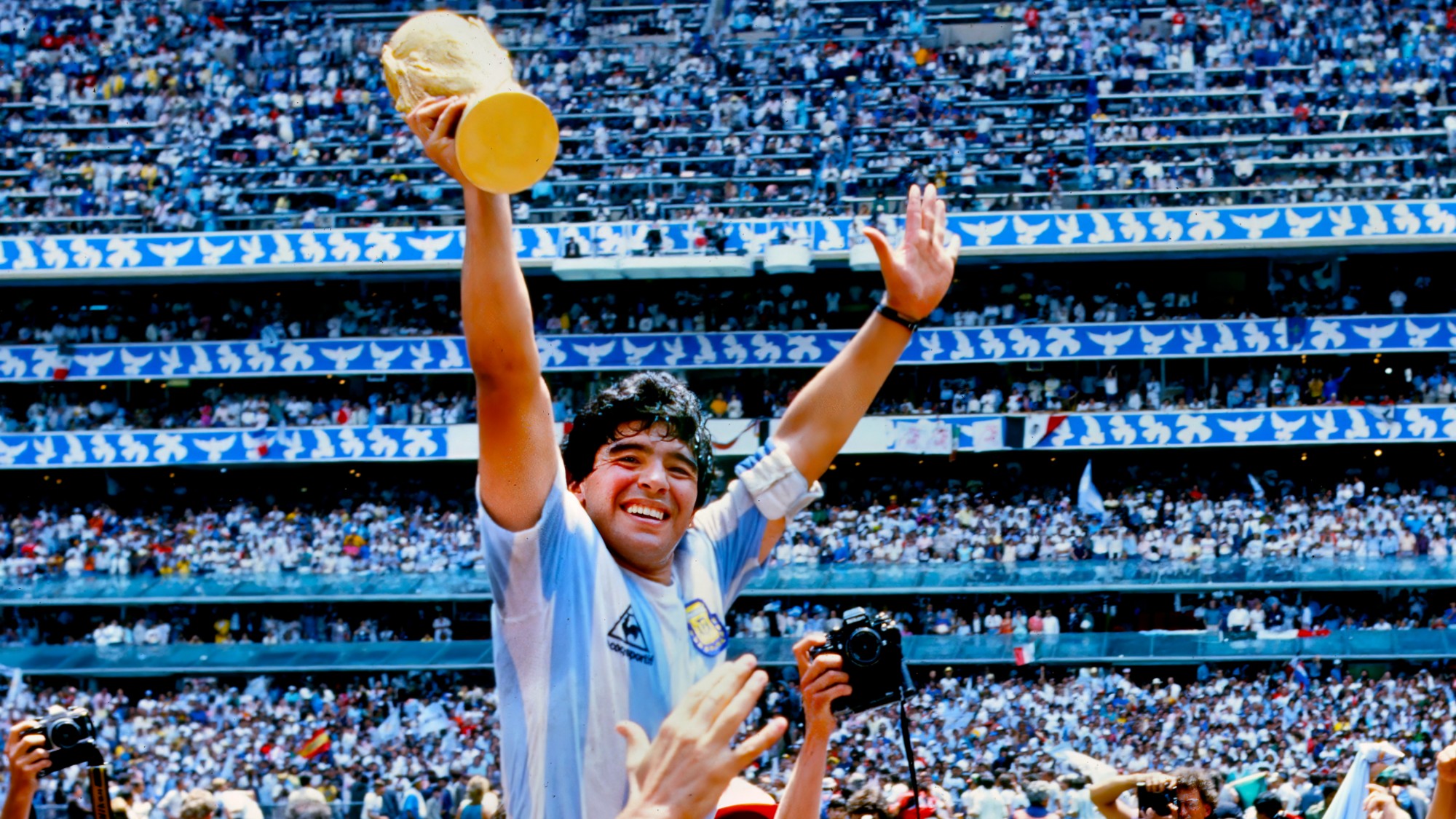 Five years after his death, Diego Maradona’s family demand justice
Five years after his death, Diego Maradona’s family demand justiceIn the Spotlight Argentine football legend’s medical team accused of negligent homicide and will stand trial – again – next year
-
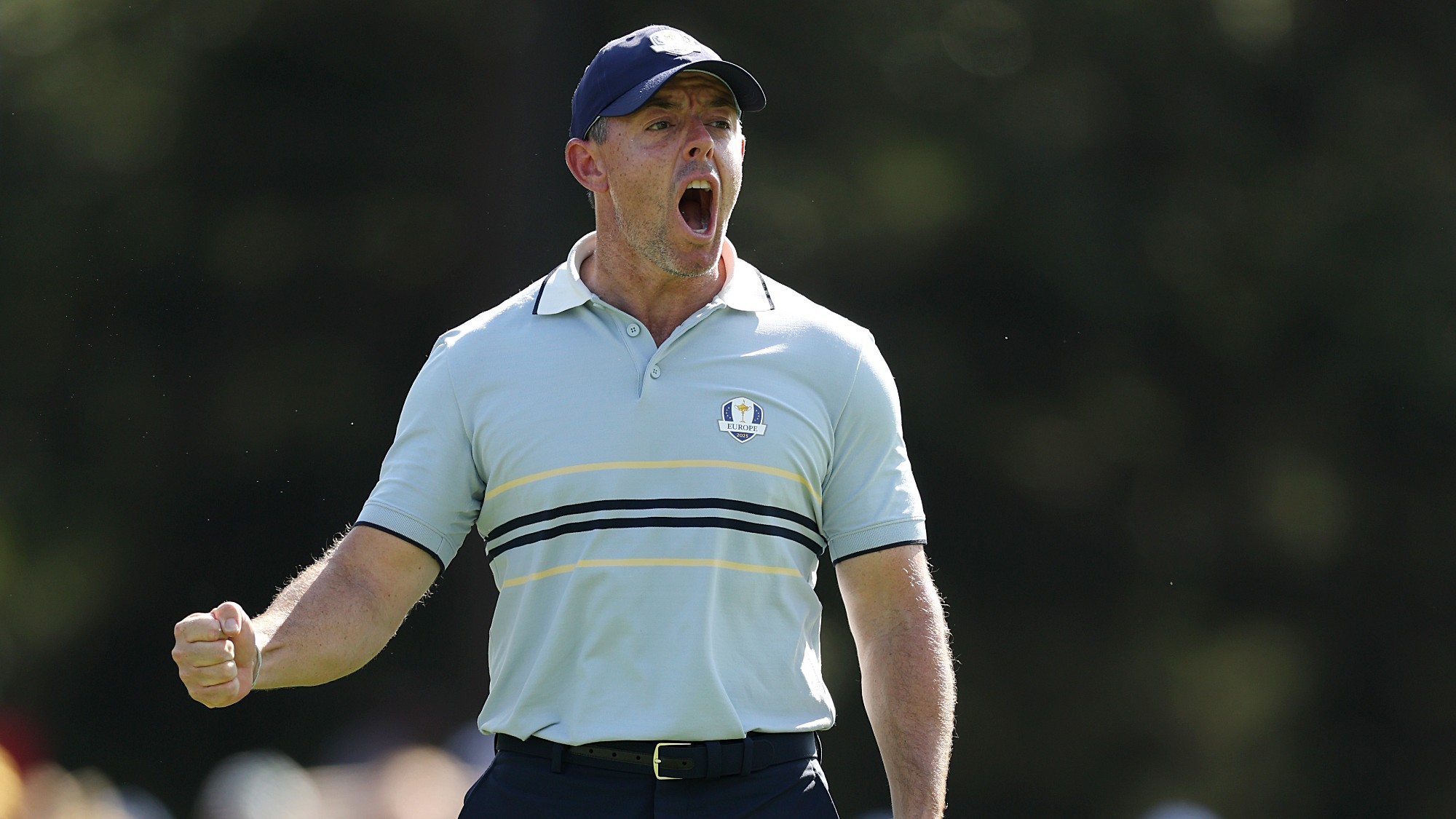 The most abusive Ryder Cup in history
The most abusive Ryder Cup in historyIn The Spotlight ‘Snarling’ fan atmosphere at US golf venue was ‘off the scale’
-
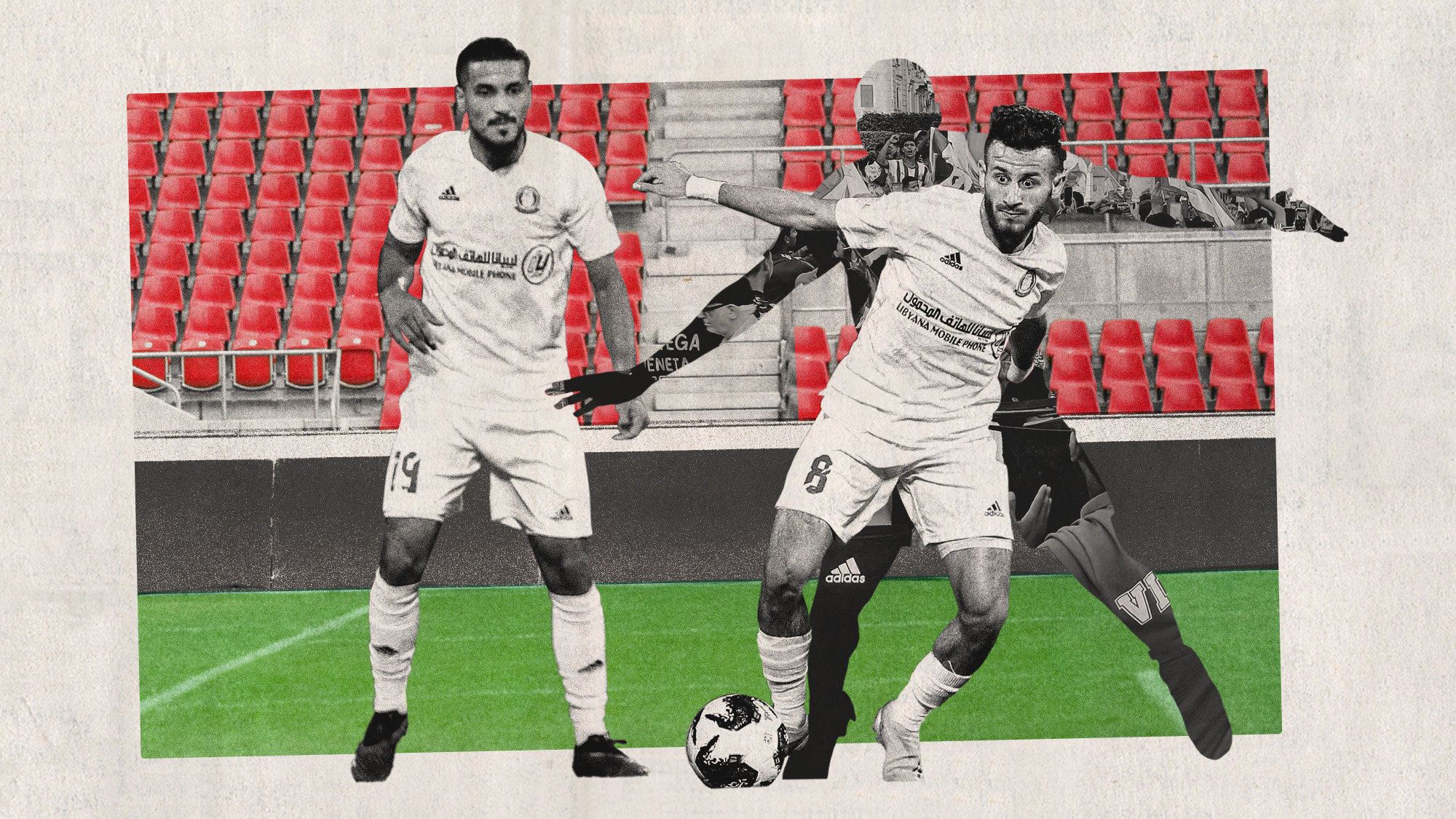 Libya's 'curious' football cup, played in Italy to empty stadiums
Libya's 'curious' football cup, played in Italy to empty stadiumsUnder The Radar 'Curious collaboration' saw Al-Ahli Tripoli crowned league champions in Milan before a handful of spectators
-
 Crisis? What crisis? How Lionesses made the Euros final against the odds
Crisis? What crisis? How Lionesses made the Euros final against the oddsAmid injuries and questions about form, England's women are one step away from glory